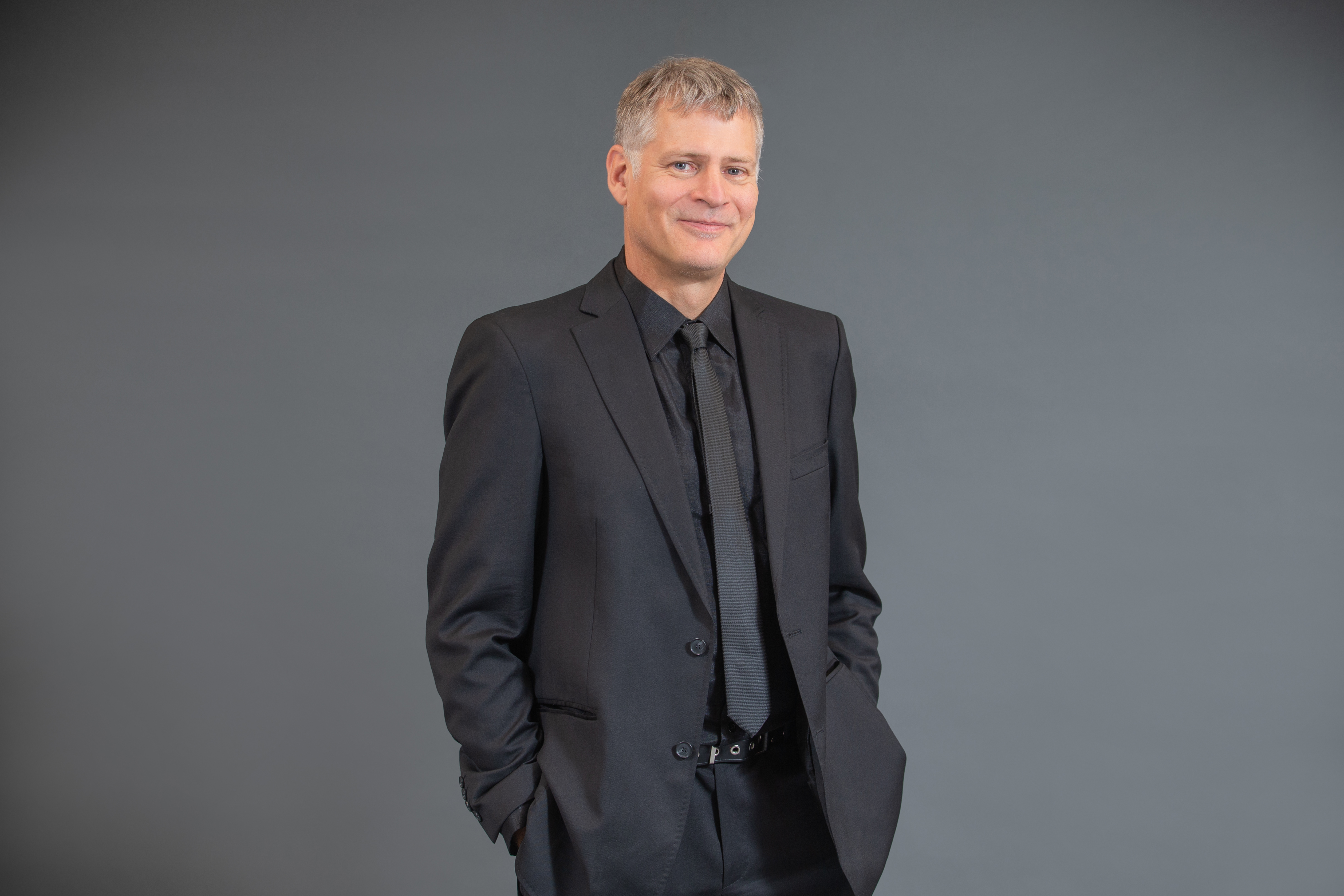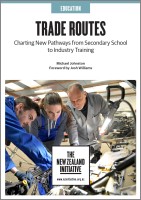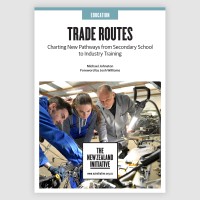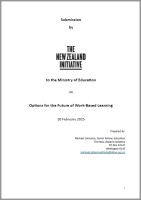Podcast: Building better pathways for vocational education in New Zealand
In this episode, Michael interviews Katherine Hall, Executive Director of ConCOVE (Construction and Infrastructure Centre of Vocational Excellence), about the challenges facing vocational education and apprenticeships in New Zealand. They discuss systemic issues including poor completion rates, funding problems, and cultural stigma compared to university pathways, along with potential solutions inspired by Germany's dual training system. Read more











